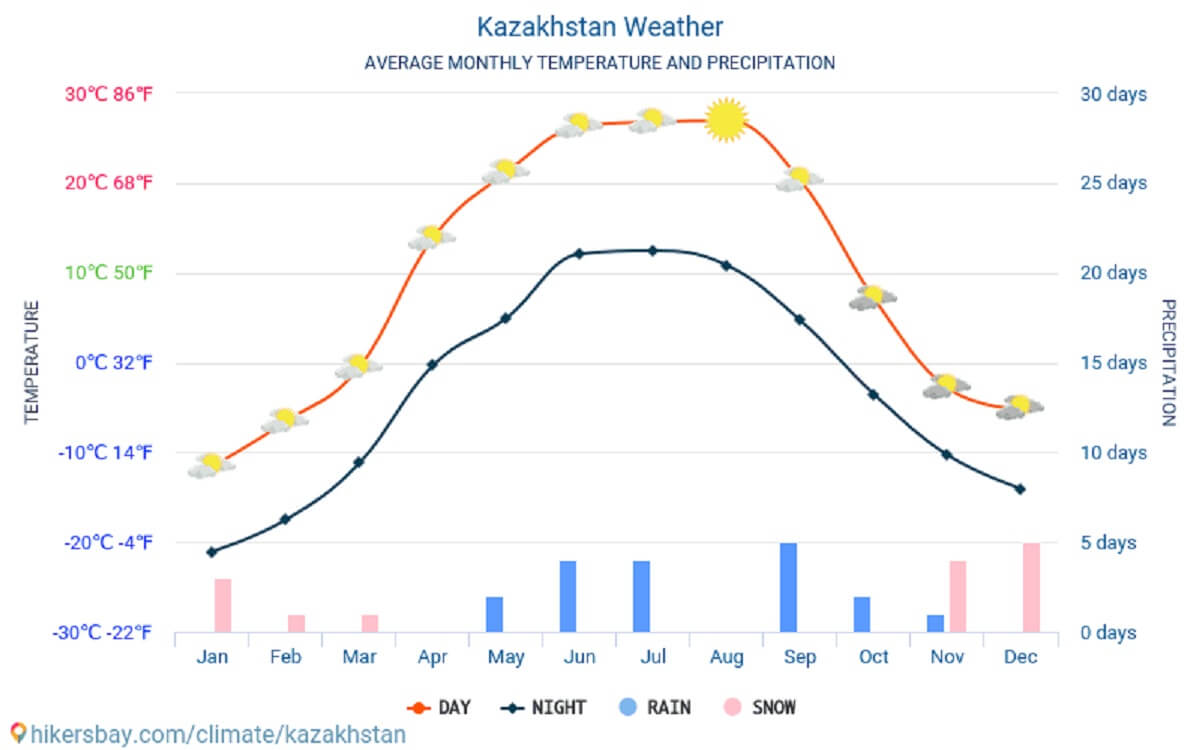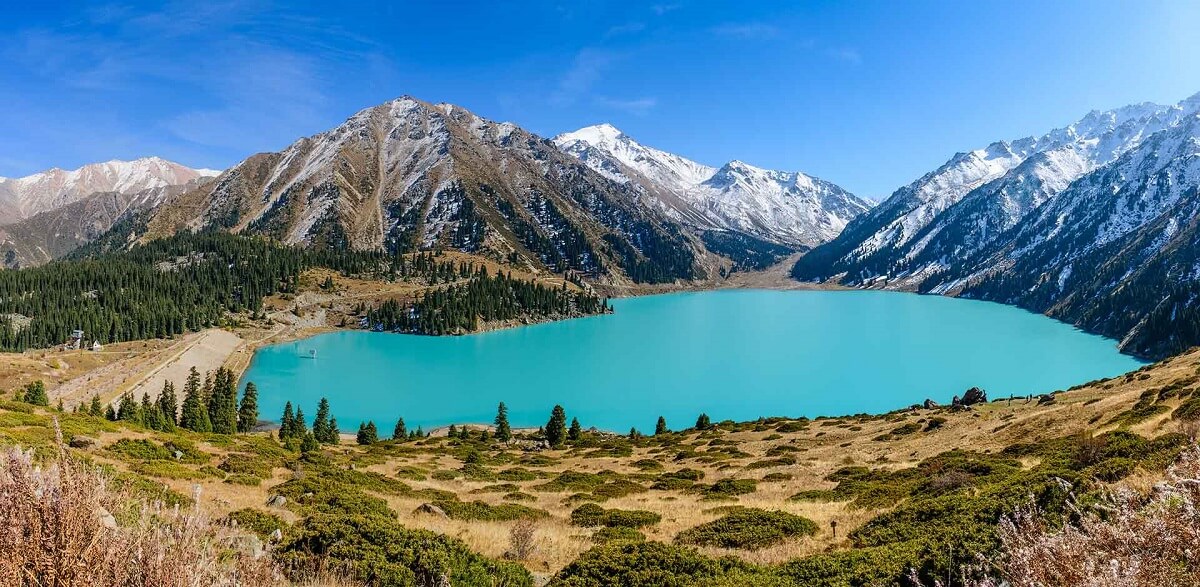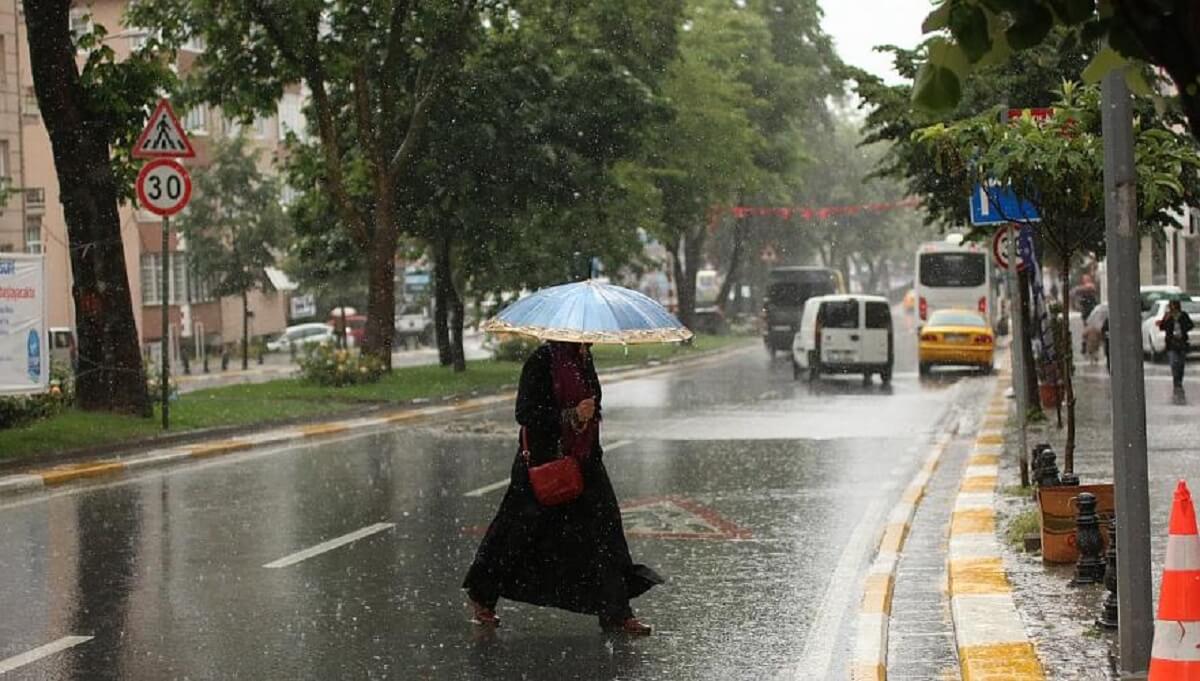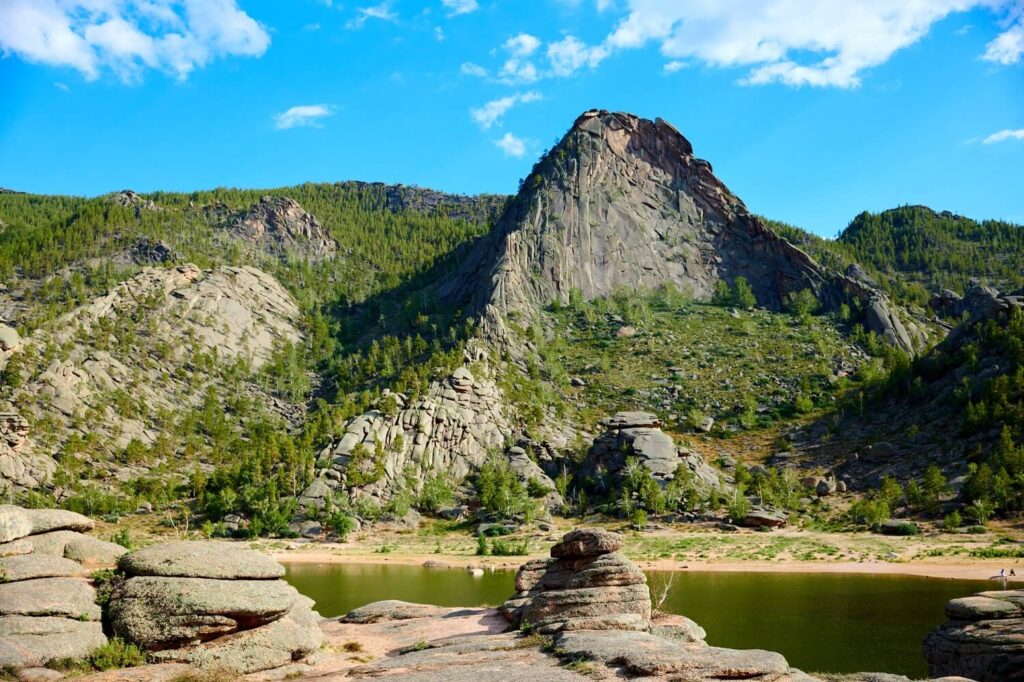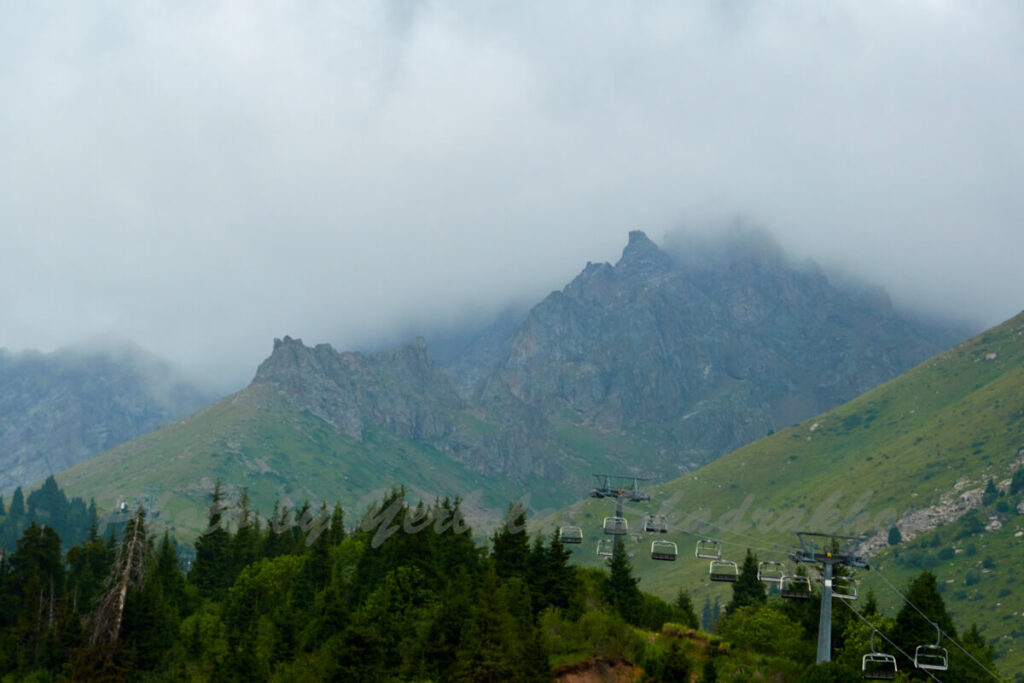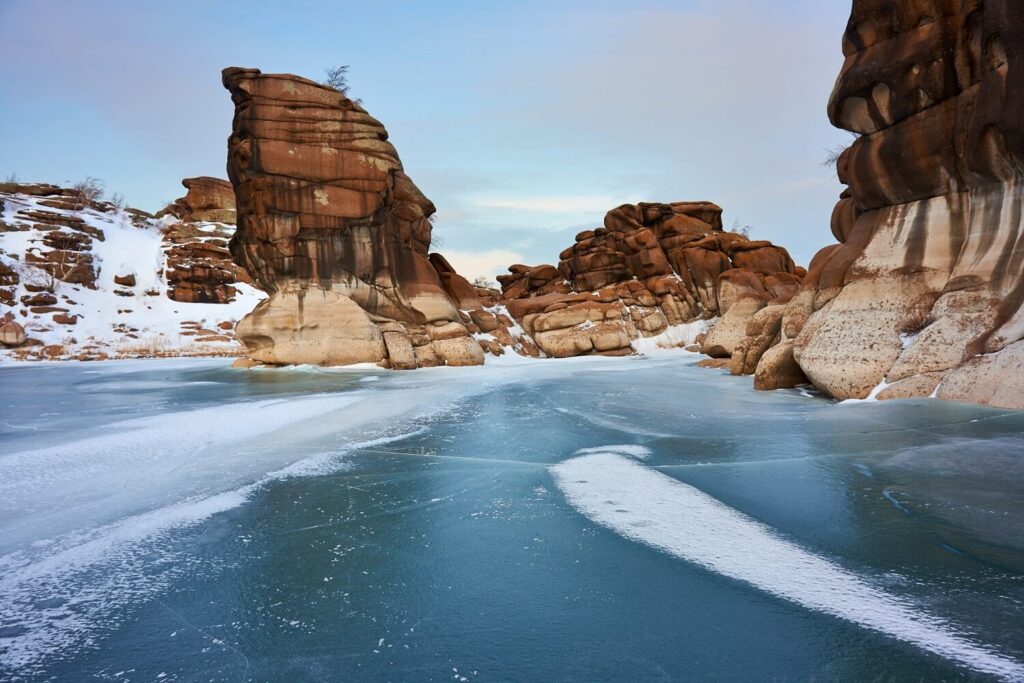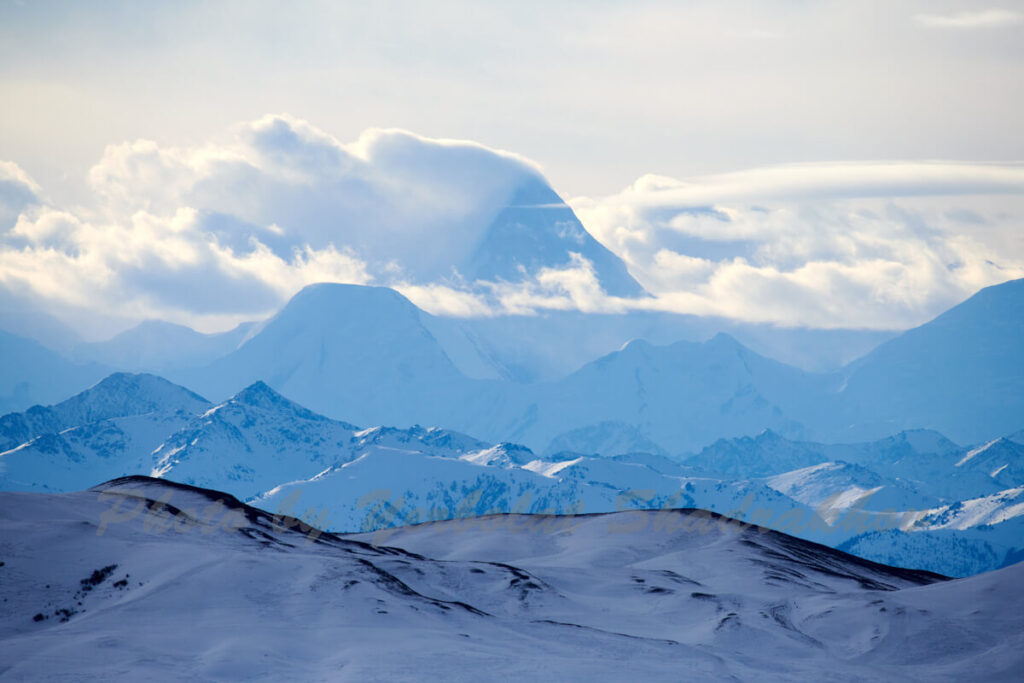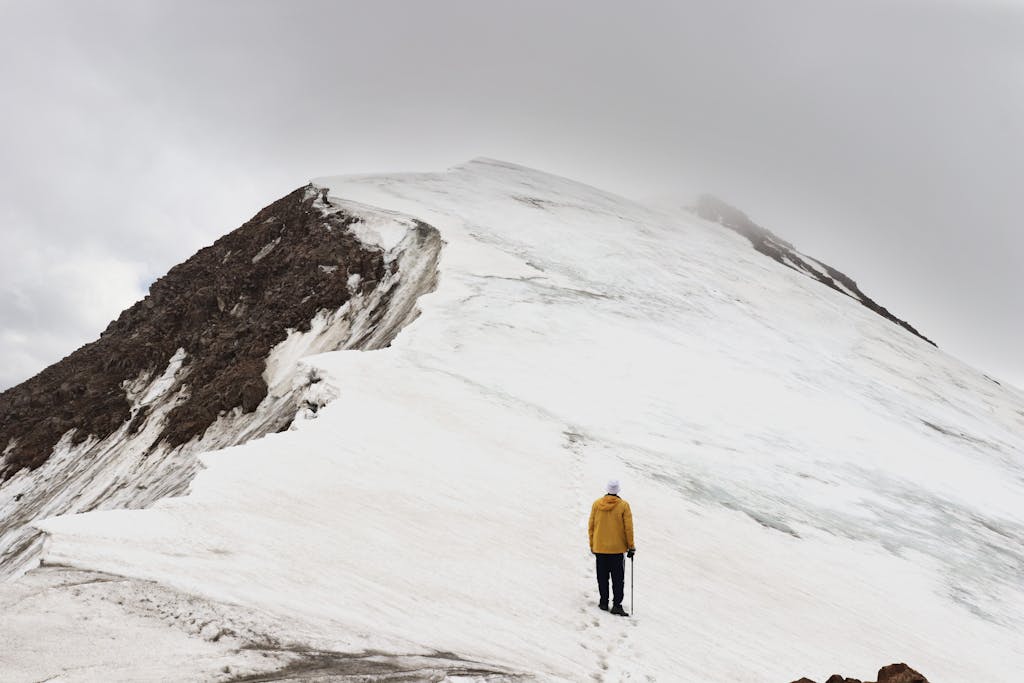Kazakhstan, located in Central Asia, covers an area of 2.7 million square kilometers and is a vast country with a wide range of climatic conditions. The weather can vary greatly depending on the region and time of year. In general, Kazakhstan has a continental climate with hot summers and cold winters.
It is always a good idea to check a reliable weather forecast closer to your intended date of travel and to consider the specific region of Kazakhstan you plan to visit, as conditions can vary significantly across the country. This diversity in climate makes Kazakhstan a fascinating destination for travelers year-round.
Climate Zones in Kazakhstan
Kazakhstan has several climate zones, including:
- Continental: Characterized by large temperature differences between summer and winter.
- Semi-Arid: Found in some parts of the central and southern regions.
- Arid: Present in desert areas, particularly in the southwestern regions.
Temperature Variations
Summer Temperatures
Summers in Kazakhstan can be hot, with temperatures exceeding 30°C (86°F) in many regions, especially in the south. The hottest months are typically July and August.
Winter Temperatures
Winters are generally cold, with temperatures dropping well below zero, particularly in the northern and central parts of the country. In some years, temperatures have reached as low as -52°C in Nur-Sultan. Snowfall is common, and snow can persist from November to April in the northern regions.
Rainfall and Snowfall Patterns
Rainfall
Rainfall patterns vary throughout the country:
- Western Kazakhstan: Tends to be drier.
- Northern and Eastern Regions: Receive more rainfall, mostly during the summer months.
Snowfall
Snowfall is common in winter, especially in the northern and mountainous regions. Snow can accumulate in large quantities, particularly at higher altitudes.
Wind and Extreme Weather Conditions
Wind Patterns
Wind is a notable aspect of the weather in Kazakhstan, especially in the steppe regions where strong winds can blow, particularly during the spring and autumn seasons.
Extreme Climatic Conditions
Kazakhstan can experience extreme weather events such as:
- Heatwaves: Especially in the summer.
- Droughts: Occasional in arid regions.
- Severe Winters: With temperatures dropping to extreme lows.
Regional Climate Differences
Due to its vast size and varied geography, Kazakhstan has significant regional differences in climate:
- Northern Kazakhstan: Experiences long, cold winters with temperatures dropping to -16°C or lower in January and February.
- Southern Kazakhstan: Has relatively hot summers with temperatures reaching up to 29°C, especially near the border with Uzbekistan.
- Mountainous Areas: Such as the Altai Mountains in the east, experience cooler temperatures and higher precipitation compared to the plains.
Continental Climate Characteristics
Due to its distance from the sea, Kazakhstan has a highly continental climate with large daily and annual temperature variations:
- Winter Months (December to February): Extremely low temperatures with a national average of -9°C to -12°C.
- Summer Months (July and August): Hot temperatures with average temperatures of 22°C to 29°C.
- Rainfall: Generally low throughout the year, ranging from 14 mm to 30 mm per month, although flooding can occur in spring due to increased rainfall and melting snow.
Discover Kazakhstan
Best Time to Visit Kazakhstan
The best time to visit Kazakhstan depends on the type of activities you are interested in:
- Summer (June to August): Ideal for hiking, mountain excursions, and exploring the steppes.
- Winter (December to February): Perfect for winter sports and enjoying snowy landscapes, especially in mountainous regions like Almaty.
Whether you are planning to visit the bustling city of Almaty, explore the scenic Altai Mountains, or experience the vast Kazakh steppes, understanding the climate and weather patterns of Kazakhstan will help you better plan your trip.

